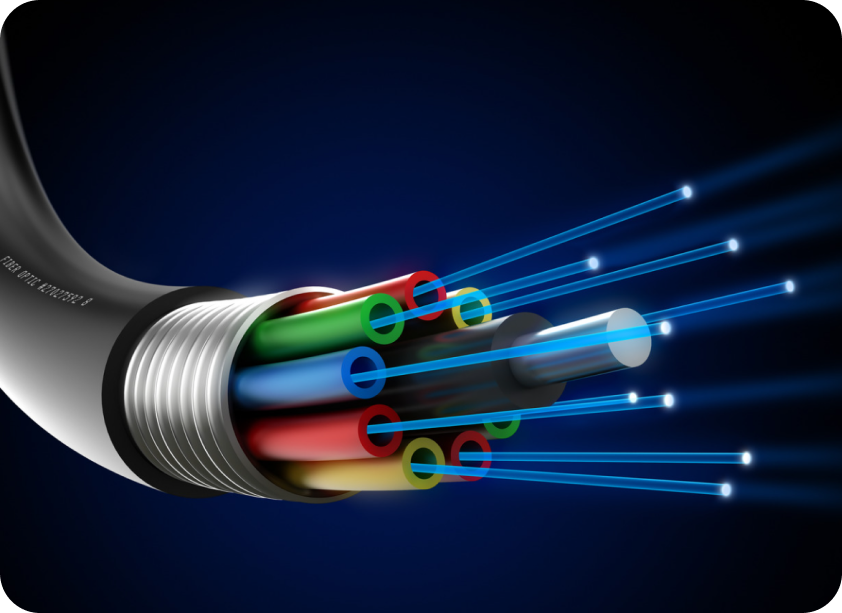Fiber Optic Internet in Ocala
Benefits Of Fiber Optic
Fiber optics offer several significant advantages over traditional copper cables. They provide much faster data transmission speeds and greater bandwidth, allowing for quicker downloads, seamless streaming, and efficient handling of large volumes of data. Fiber optics can carry signals over longer distances without significant loss of quality, making them ideal for connecting distant offices or data centers. They are also more reliable and less susceptible to electromagnetic interference, ensuring a stable connection. Additionally, fiber optic cables offer enhanced security, as they are difficult to tap into without detection. While the initial investment may be higher, fiber optics often result in lower long-term maintenance costs and better future-proofing for evolving technological needs.
















